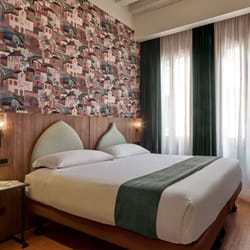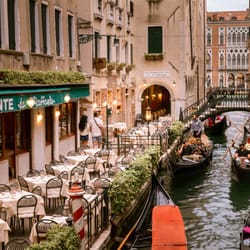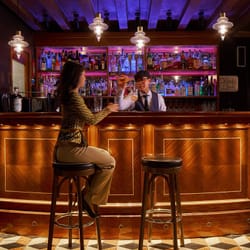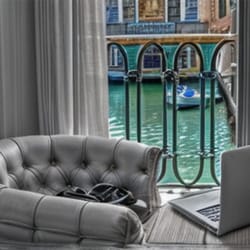When do you want to come?
In 1951, Raffaele and Giuseppe Salmaso arrived in Venice with a dream: to transform a humble spot known for "ombre and cicchetti” (Venetian wine and nosh) into a renowned restaurant. These years were marked by sacrifice, yet despite the challenges, they remained steadfast in their pursuit of the dream. Soon, their wives, Tosca and Savina, join them, and together they establish “da Raffaele” restaurant, which over time becomes a beloved landmark for both Venetians and visitors alike. Today, the Salmaso family continues to shape its legacy in hospitality, passionately managing venues that capture the essence of Venice and uphold the city's rich tradition of hospitality and dining.
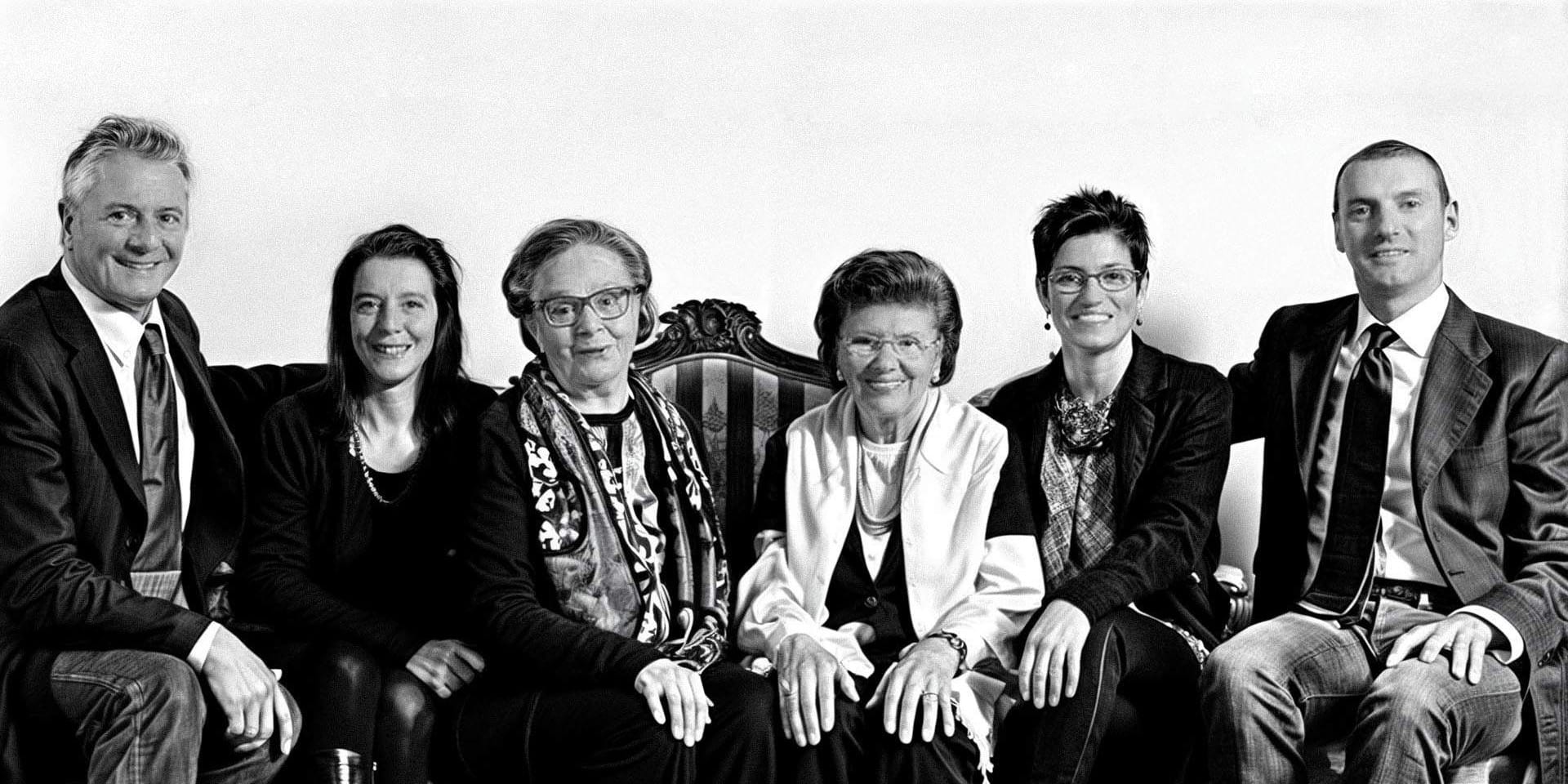
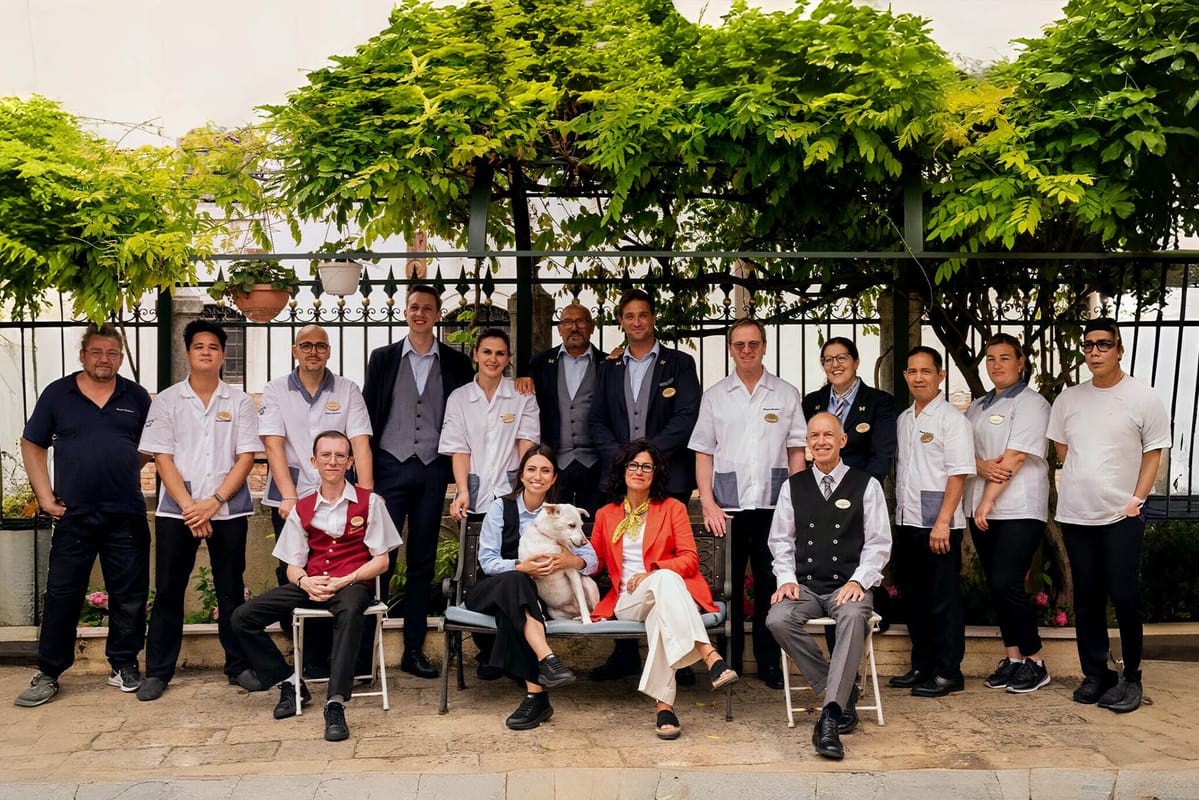
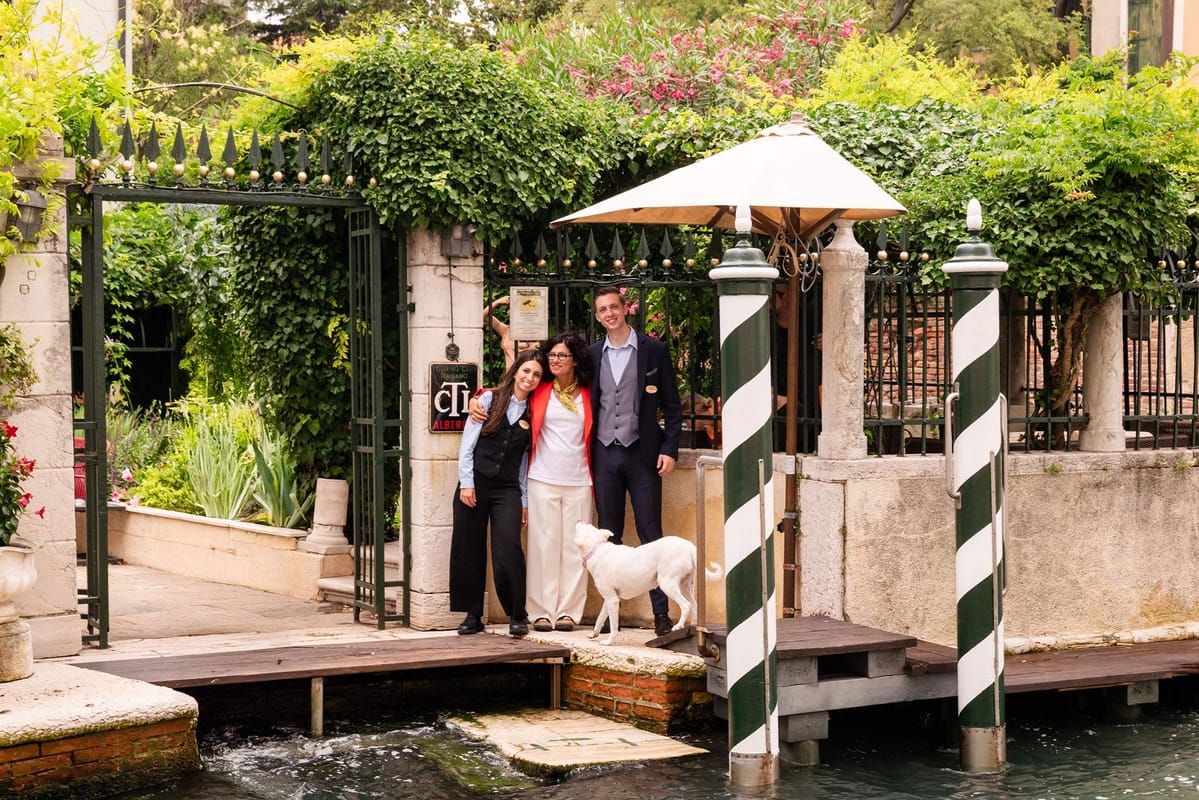
The Beginning: From the Russian Embassy to a Hotel
Pensione Accademia, once an elegant patrician residence, has experienced significant transformations throughout its history. Between 1783 and 1797, during the final years of the Serenissima Republic, it served as the Russian embassy. In the years between the two World Wars, it became a consulate, with its origins possibly tracing back to the nineteenth century. During the war, the palace took on an unexpected role: women gathered there to knit and make stockings, infusing the space with a sense of warmth and newfound vitality. In the late 1940s, the historic residence was reinvented once again, likely becoming one of the city's first small hotels, marking the beginning of a new chapter in its rich history.
The villa's charm has drawn renowned figures
Over the years, the Salmaso family transformed Villa Maravege into one of the most enchanting hotels in Venice. The hotel quickly became a favored destination for distinguished guests, including the Dukes of Kent, writer Primo Levi, directors Marcello Mastroianni and Mario Monicelli, musician David Gilmour, and former Prime Minister Mario Monti, among others. Notably, the Nobel Prize-winning writer Joseph Brodsky was a frequent guest at the hotel, mentioning the Pensione Accademia in some of his works. The prestige of Villa Maravege extends even further: the hotel has served as the backdrop for renowned films and TV series, including The Two Lives of Mattia Pascal, Commissario Brunetti, The Italian Job, and some guests even believe for Summertime.
Maravege: A Blend of History, Popular Culture, and Legend
Our hotel is housed in Villa Maravege, a name meaning "of Wonders," which echoes the legends that surround it. One legend tells of seven sisters who lived near the bridge: six were stunningly beautiful, while the seventh, less fortunate in looks, lived in the shadow of her siblings. A young boatman, ill and fearful of a curse, confronted the seventh sister, only to discover that she was in love with him and had prayed for the disease to afflict her in his place. Touched by her love, the boatman recovered, triumphed in the regatta, and married her. In memory of this "miracle," the bridge was named "Delle Maravegie."
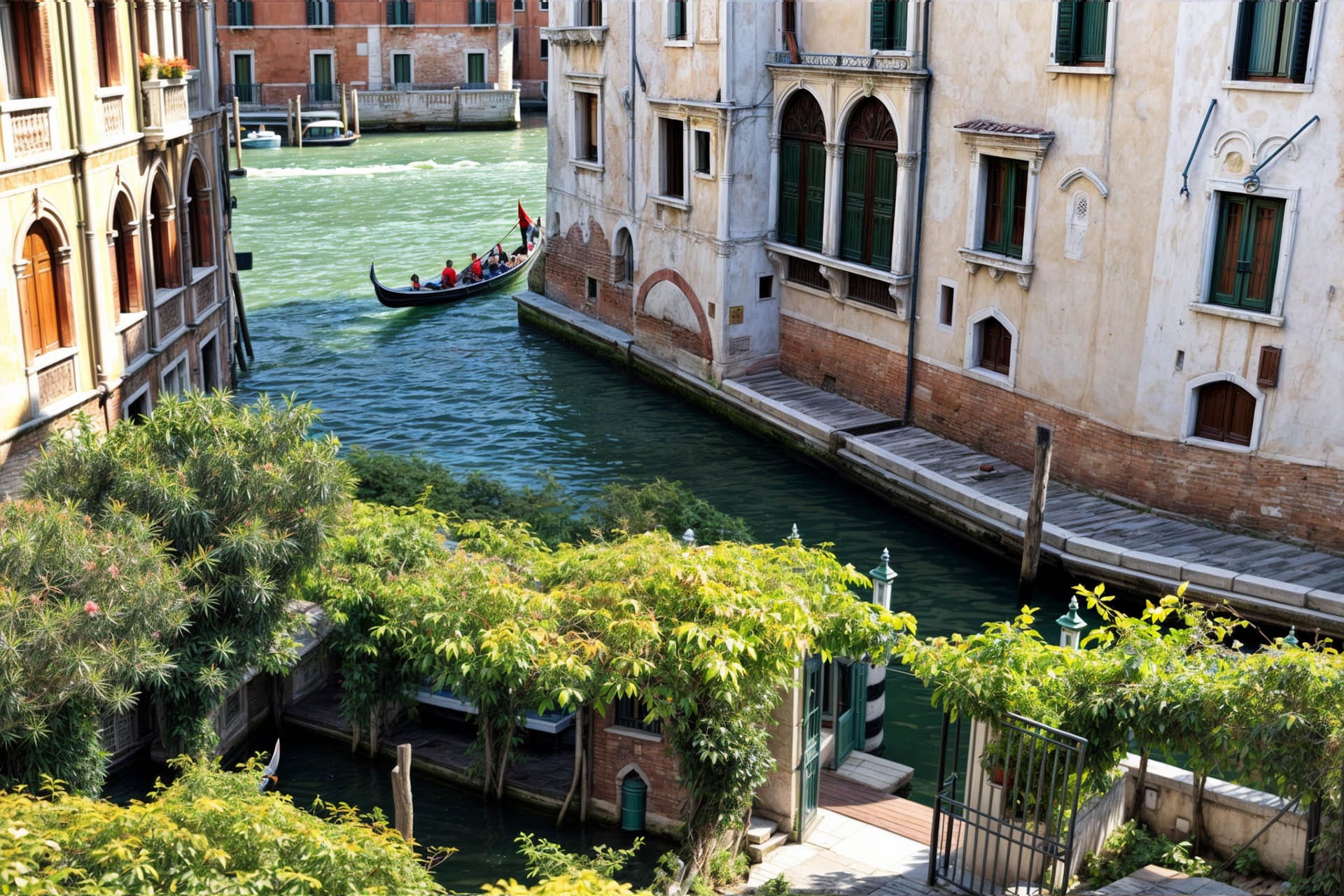
"There are three magical, hidden places in Venice. When the Venetians grow weary of the authorities, they seek out these secret spots. There, by opening the doors at the end of these courtyards, they escape forever to beautiful, hidden realms..."


